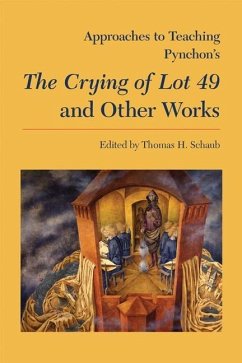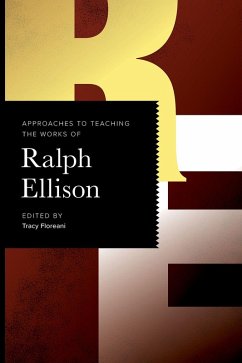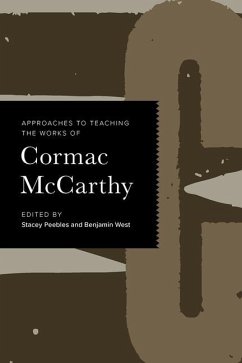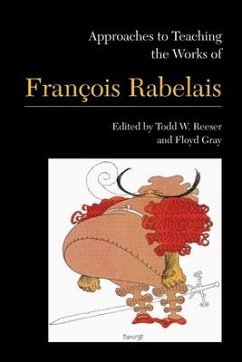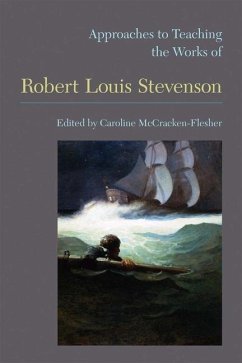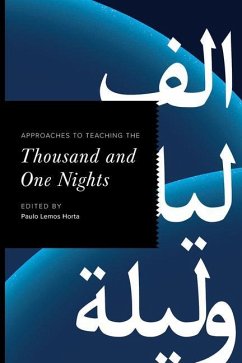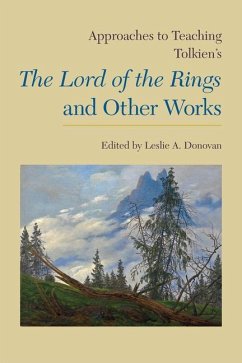Nicht lieferbar

Approaches to Teaching the Works of C. P. Cavafy
Versandkostenfrei!
Nicht lieferbar
A gay poet-historian writing from and about the edges of empires Known as a preeminent poet of queer male desire, C. P. Cavafy lived most of his life as part of the Greek minority community in Alexandria, Egypt. He was inspired by the possibilities offered by peripheries, whether sexual, geographic, or historical. Volumes of his poems, widely translated into English, give anglophone readers access to his distinctive mixture of irony and tenderness, directness and subtlety. This volume will help instructors introduce students to Cavafy's works and explore them from many angles with the help of ...
A gay poet-historian writing from and about the edges of empires Known as a preeminent poet of queer male desire, C. P. Cavafy lived most of his life as part of the Greek minority community in Alexandria, Egypt. He was inspired by the possibilities offered by peripheries, whether sexual, geographic, or historical. Volumes of his poems, widely translated into English, give anglophone readers access to his distinctive mixture of irony and tenderness, directness and subtlety. This volume will help instructors introduce students to Cavafy's works and explore them from many angles with the help of the extensive archives now available. Essays address teaching Cavafy both as a poetic historian of the Hellenistic, Roman, and Byzantine worlds and through the lens of postcoloniality. They also explore how he interpreted classical Greek works and how his work has been interpreted by composers, poets, and readers within and beyond Greece and the Greek diaspora. This volume contains discussion of the following texts: Charles Baudelaire's The Flowers of Evil; Anne Carson's If Not, Winter; C. P. Cavafy's essay "Give Back the Elgin Marbles"; Cavafy's poems "Caesarion," "For Ammonis, Who Died at 29, in 610 A.D.," "The God Abandons Anthony," "The Horses of Achilles," "In the Year 200 B.C.," "Ithaca," "Julian Noticing Negligence," "King Claudius," "27 June 1906, 2 p.m.," "Waiting for the Barbarians," and "Walls"; Mark Doty's My Alexandria; Lawrence Durrell's Alexandria Quartet; E. M. Forster's Pharos and Pharillon and Alexandria; Edward Gibbon's The Decline and Fall of the Roman Empire; Mahmud Tahir Haqqi's The Maiden of Dinshway; Homer's Iliad; Edwar al-Kharrat's Girls of Alexandria and City of Saffron; Robert Liddell's Unreal City; Ibrahim Abdel Meguld's No One Sleeps in Alexandria; Plutarch's Life of Caesar; and Shakespeare's Hamlet and Julius Caesar. The volume also contains discussion of the following musical compositions: Constantine Koukias's The Barbarians , Ron McFarland's String Quartet No. 2 (Windows), and Dimitris Papadimitriou's C. P. Cavafy: An Alexandrian Writing on an Alexandrian. The volume discusses these artworks: Gustave Moreau's The Apparition and Jacob and the Angel, Dante Gabriel Rossetti's The Blessed Damozel and A Sea-Spell , and James McNeill Whistler's Nocturne in Blue and Silver.




